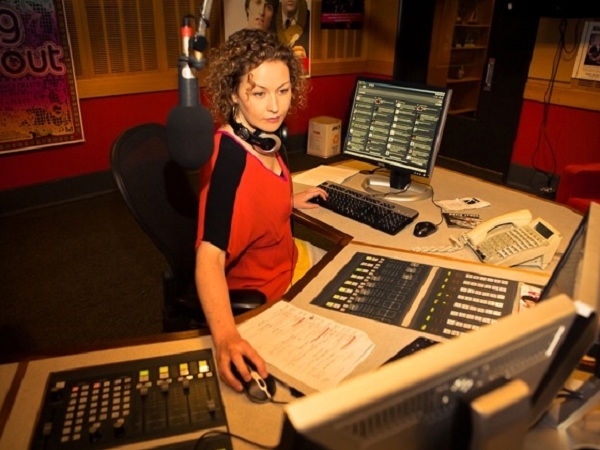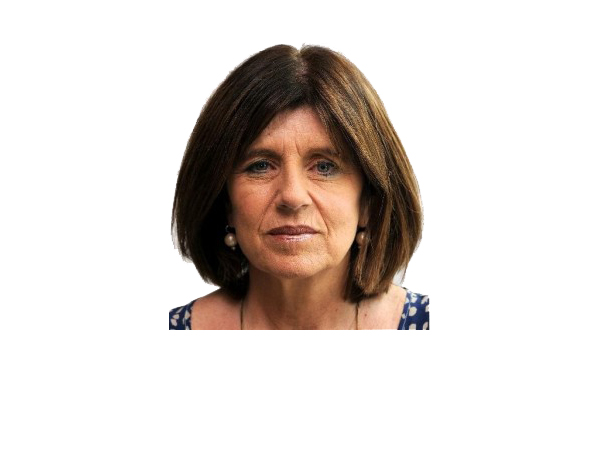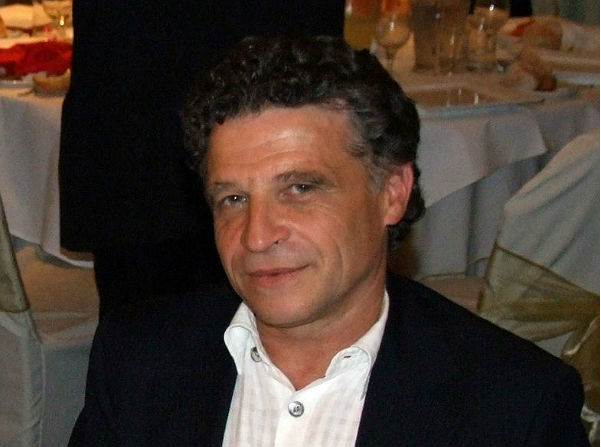In 2010, increasing numbers of journalism and media graduates are hunting around for careers outside the newsroom. Kimberley Nichols graduated in 2003 with a degree in Media and Communications, gave working in regional newsrooms a go, and decided it wasn’t for her. Death knocks, unrewarding police rounds and the monotony of daily news were among the many deterrents Kimberley faced.
These days, she’s working as a Communications Officer at beyondblue: the national depression initiative. She still gets the odd craving for newsroom excitement and is worried about the future of regional news. As Sarah Green found out, however, most of the time she’s glad to be away from it all…
What is your definition of a journalist?
Good question. A good journalist is something hard to come by these days. To be a good journalist you need to have a great curiosity about everything around you, to ask lots of questions and want to know the answers. So I think to be a good journalist you have to have that passion and drive and, every day get up and have that passion and drive. That’s why I really admire the veterans out there in regional newspapers and radio newsrooms who have been doing it for over 20 years – I just think that’s astounding.
You have a Bachelor of Arts in Media and Communications; do you feel that your degree prepared you for the world of journalism?
No, I think you learn more from working 3 days in a newsroom than you do from three years in a lecture theatre. University was fun but nothing beats on the job training and being thrown in the deep end. Editors yelling at you, saying ‘we need this, we need that’ or ‘go here, go there’ – you can’t learn that, you just have to do it.
And was that your experience? Were you thrown in the deep end?
Yeah, for sure. Working in a newsroom, it becomes almost like you run on adrenaline. No matter where you are. I mean, I was working at The Daily Advertiser in Wagga Wagga which is the smallest town but you think it’s so exciting.
Most days you’d wake up excited to go to work because you didn’t know what was going to be thrown at you and not many jobs are like that. Most, in fact, are the opposite of that…a dull existence, day-by-day behind the desk. That’s the fabulous thing about journalism: that excitement and never knowing what you’re going to get.
The pressures you face when you’re working in a newsroom, do you think they’re worth it? Is there job satisfaction in it to you?
Absolutely but then there’s that old saying that today’s newspaper is tomorrow’s chip wrapper. [You get] a great story then it’s all over and it all starts again. That’s nice too because you’ve got a clean slate every day but in terms of wanting to do that day in, day out, that can be challenging. I suppose another thing that turned me away was the tough things you had to do, you know like the death knocks. Just really hard and tragic stories.
Can you tell me a bit about that?
It happened a few times in Wagga Wagga. You’re in a regional area: there’s farm accidents, there’s road accidents. Having to find the families and make those calls is incredibly difficult. Having to put the tough questions to people: you’ve got to be a ball-breaker but you’ve also got to be a caring, compassionate sort of person. You really are stretching your emotions as well and that’s by far the worst part of the job: those death knocks, those really yucky stories. It’s not nice.
You also worked for another regional newspaper, The Border Mail in Albury, where you did nightly police rounds. I wonder if that would be the same type of emotional challenge?
The police rounds are another thing altogether because police are generally very reluctant to share information with the media. You have to try and get a bit buddy-buddy with them and sometimes they’ll be nice and give you stories. You rarely get anything juicy. It’s always a bit of a strained relationship with the police in most newsrooms.
My main role at The Border Mail was as a sub-editor which is different again. We came in at four in the afternoon when everyone was trying to meet their deadlines so you kind of feel like you’re sitting on the sidelines a bit. There is an element of “wouldn’t it be nice to be out doing that story” but sub-editing made me realise that all news is pretty much the same: day in, day out, you get the same stories from all over the world. There’s not much variation really.
And do you think that’s because news stories are often written to specific formulas? People talk of churnalism…
I think the same things keep popping up. You have a plane crash here, a plane crash there…it is actually quite monotonous. A politician said that; six month later another politician does this. Really, all news is the same. It’s just another player or a different country or a different politician or a different town.
As a sub-editor, did you not get the same feeling of excitement you got when you first went out as a cadet?
Definitely not because you’re stuck behind the computer for eight hours, trying to put headlines on things. There’s just nowhere near the level of excitement. You’re really just an invisible person at the paper.
What attracted you to your current role as Communications Officer at beyondblue?
I knew it would be another challenge and I’m really enjoying it. I’m getting to liaise with journalists who are ringing up wanting information. [I] know the pressures they’re working with and what they’re after. And you know if they’re angling for one story but really fronting it as another. You kind of feel like you know the tricks of the trade a little bit.
And do you ever finding yourself wishing it was you on the end of that phone?
Occasionally, especially when you get calls from well-known, well-respected media establishments like the ABC and The Australian.
There’s a lot of debate about news becoming more regionalised and more localised in the future. Having worked for regional papers, how do you feel about that?
There’s a need for more local news. When I was at [The Daily Advertiser in] Wagga Wagga, that was one of the last independently owned newspapers in the country. The Border Mail in Albury was as well and they’ve been bought out. So that was kind of the last bastions of free, independently-owned, little country papers. When media groups keep buying newspapers, you’re going to have a lack of diversity in stories. They’ve got the resources to fund more local news but I’m concerned about these super-centres where they have sub-editors editing papers from all over one particular state who don’t have any local knowledge.
So if you could go back, would you still study journalism?
I think I’d want something a little more practically based. I don’t think I’d jump straight from school to a cadetship because I think you’re a little too young and naïve.
Finally then, what would you say to people graduating today with a degree in Journalism or Communications?
Be passionate. Be thorough and have fun but care about the words that you’re putting on the paper and the people that you’re putting in your stories. Be genuine.
Sarah Green is a Master of Global Communications student at La Trobe University.
You can find more details of the Working Journalist project here.








